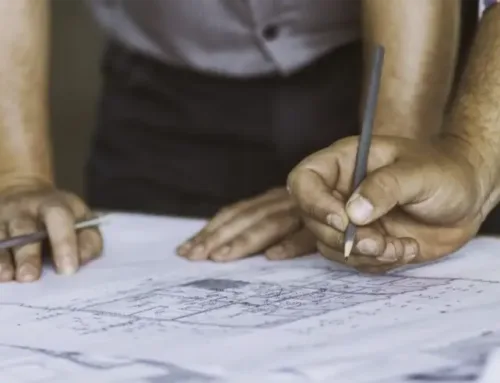The phrase “practice makes perfect” is popular and often quoted. Practice takes time and is essential to improving performance at any skill or activity.
Dr. K. Anders Ericsson wrote that, based on his research, it takes 10,000 hours of deliberate practice to become an expert at almost anything. This is an assertion heavily debated after it was highlighted in Malcolm Gladwell’s book, Outliers. I feel there is a great deal of truth in the importance of deliberate practice over a long period of time.
Perfect Practice Makes Perfect
You may have also heard the quote attributed to Vince Lombardo, “Perfect practice makes perfect.”
I had the experience of being cut from my middle school basketball team. I loved the sport and wanted to play on an organized team. Being cut was heartbreaking and demoralizing. However, rather than giving up, I checked out a library book on basketball fundamentals and read it.
I invested time working on improving my ball handling skills and shooting mechanics. Did I spend 10,000 hours? I do not know but that is not the point. The point is, I spent many hours getting better at the sport, working on my weak areas.
When I tried out the following year, there was no doubt I would make it, and I did. I served as sixth man on a team that went undefeated. In the years that followed, I continued to practice deliberately and this led to a college scholarship and a memorable experience as a student athlete.
Deliberate practice works.
This is not only true of sports. It can work with almost anything for which you are passionate. It is applicable for a skill such as public speaking or hobbies such as learning to play a musical instrument.
The topic of whether or not 10,000 hours of practice can make you an expert at almost anything can be debated. However, what cannot be debated is that investing time practicing consistently over a long period will allow you to improve your performance.
I am currently testing out this theory as I learn to play the guitar. I am not very good right now, but I intend to be!
- What skill are you working to improve?
- Regardless of how much time it will take, are you willing to put in the time to become an expert?
The key is not to give up! Keep working on the aspects of the hobby or instrument you have the most trouble with. If you are preparing for a performance, work the parts you have the most trouble with OVER and OVER and OVER till you get it!
I counsel clients that with steady practice, muscle memory will kick in and they will improve.
Mental Practice
Mental practice can also help. It involves visualizing your actions to improve your ability to perform them. For example, to improve moves in your favorite sport, you can rehearse them by imaging or seeing yourself performing them perfectly.
Mental practice can be a beneficial technique in various domains:
- Sports like basketball, golf and dancing
- Music, including piano, guitar, cello, etc.
- Medical professional, such as surgeons
- Giving a talk
- How you will behave in an important social situation like a date
- How you will stay calm in a stressful situation like an interview
Mental practice can help people recovering from a stroke or injury regain mobility and strength.
Stick with It
Daily practice for a short period of time is better than every-other-day practice for a longer period. Even if you only have 15 minutes per day to practice, put in the time daily and you will see results…I promise!
Schedule time to talk at:





